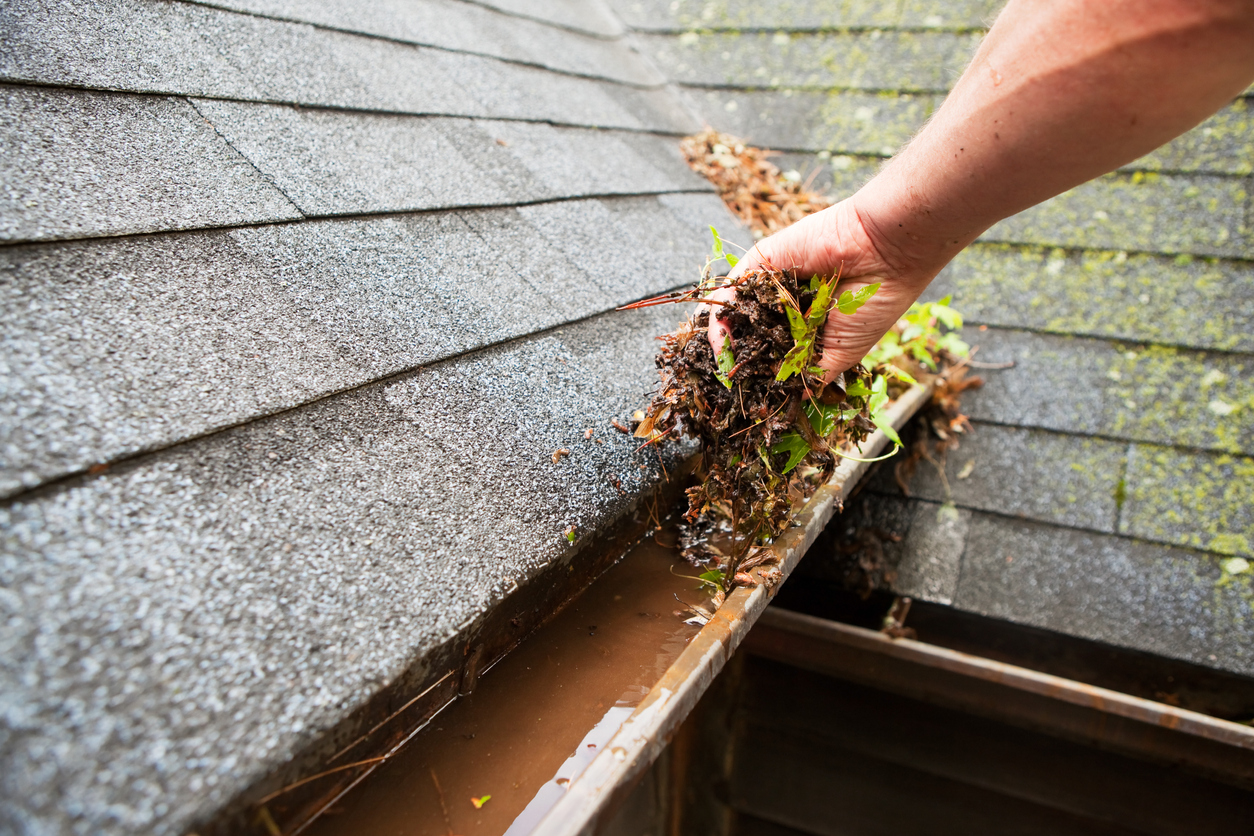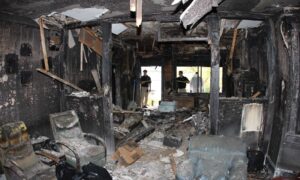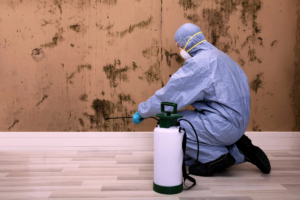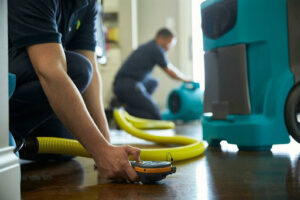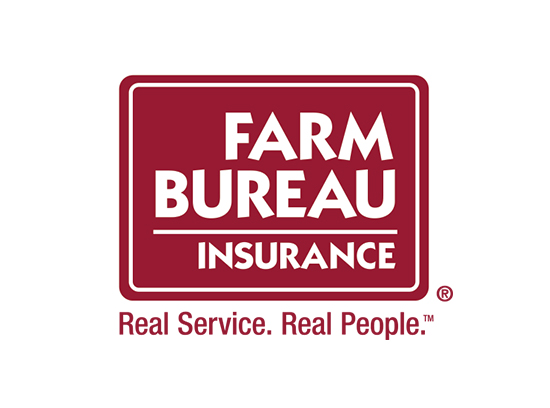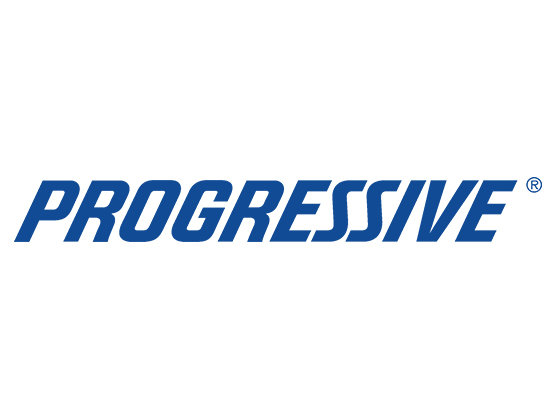If you think that because you don’t live in a flood plain you don’t need to worry about water damage and what to do when it strikes? Think again.
Water is one of the leading causes of property damage in the U.S. today. Experts estimate that 1 in every 50 American homeowners will file a claim for water damage each year. Part of the reason for the high number of claims is the many places that water damage can come from, like leaking pipes, rain or storms, flooding, and more. Understanding the most common cause of water damage is key to being prepared and to knowing what to do when disaster strikes. Keep reading to learn more about the types of damage water can cause and the top culprits behind water damage.
Types of Damage Water Can Cause
Unlike fire and wind, water often does its damage covertly without making a sound, changing the room’s temperature, or emitting a smell. While you’ll no doubt notice a major flood, damage caused by runoff, a slow leak your roof, or a slow dripping pipe is easy to miss, As a result, massive levels of damage can occur before you even realize there’s a problem.
The costs of water damage can add up quickly, mostly because they tend to have a compounding effect. While a leak might start in one place, the effects of the water can spread rapidly. This can cause a variety of types of damage, including:
If the problem continues over time without water damage restoration, it could seriously compromise the foundation of your home or business. In addition, undetected household leaks can waste around 10,000 gallons a year. With that in mind, here are the common causes of water damage.
Leaking from Water Appliances
Imagine coming home from a two-week vacation and finding the ground-level floors in your home under four inches of water. Believe it or not, it happens often. Every day, about 14,000 people in the U.S. will face a home water damage emergency.
Most of the time, smaller home floods originate from malfunctions in air conditioners, water heaters, washing machines, dishwashers, and refrigerators. The culprit can be wear and tear in the appliances or leaks in the units’ hoses or pipes. It pays to check for any defects now and then to prevent this.
Hot water heaters account for a large share of home water damage incidents. Whether it’s too much tank pressure or worn-out parts, they can cause basement flooding with contaminated water, resulting in a costly clean-up. In addition, attic air conditioners can cause extreme damage because they can leak water through your entire home.
You can reduce the chance of leaks from your household appliances by having them inspected periodically and replacing the hose every five years. If you live in a region with seasonal frigid weather conditions, you should change the hoses more frequently.
Extreme Weather Conditions
With or without warning, drastic shifts in Mother Nature in the form of hurricanes, thunderstorms, and tornadoes can cause severe water damage by abruptly elevating water levels. Flash flooding can also occur.
Almost any time severe weather strikes, flooding becomes a risk. If you think your property is safe from flood, consider FEMA’s estimate that 41 million people in the U.S. live in a flood zone.
Although you can do little to protect your home or commercial property from significant flooding, you can make sure the water damage and property restoration start as soon as possible. Getting help from a professional and reputable company like Emrick Services can help to put a stop to the damage to keep it from getting worse. Allowing water to saturate in areas can create extensive damage to infrastructure.
Clogged Gutters
Your house gutters are very easy to ignore — until they clog from leaves and debris. When this happens, streams of water from rain or snowfall can travel outside the drainage system to areas where they can cause damage to ceilings, floors, and walls. This is one of the easiest risks to prevent. Clean your gutters regularly or install gutter guards to prevent build-up of debris.
Frozen Pipes
Before heading home for the fall, people who own summer cottages in areas with bitterly cold winters have one crucial task to perform; shutting off the main water valve to prevent the pipes from bursting while they are away. This step is necessary because frozen water increases in volume and displaces the flowing water. As a result, the weak areas of the pipes succumb to the mounting pressure and burst.
You can tell if your pipes are frozen if:
Frozen pipes aren’t only a threat in unoccupied homes. Homes with pipes on the exterior or with areas of the home that get very cold could also be at risk. You can prevent freezing in your home by making sure your water pipes are well insulated and opening the faucets to allow a low-pressure stream of warm water to flow through on very cold nights.
Understand What Water Can Do
Being aware of these common causes of water damage can save you a great deal of money, effort, and heartache. Taking proactive measures can prevent or lessen the consequences of water damage.
You can make sure that you’re prepared to deal with the aftermath of unstoppable acts of nature by calling restoration and cleaning experts specializing in disaster emergencies as soon as possible. If your home has suffered from water damage, contact Emirick Services to see how we can help.



